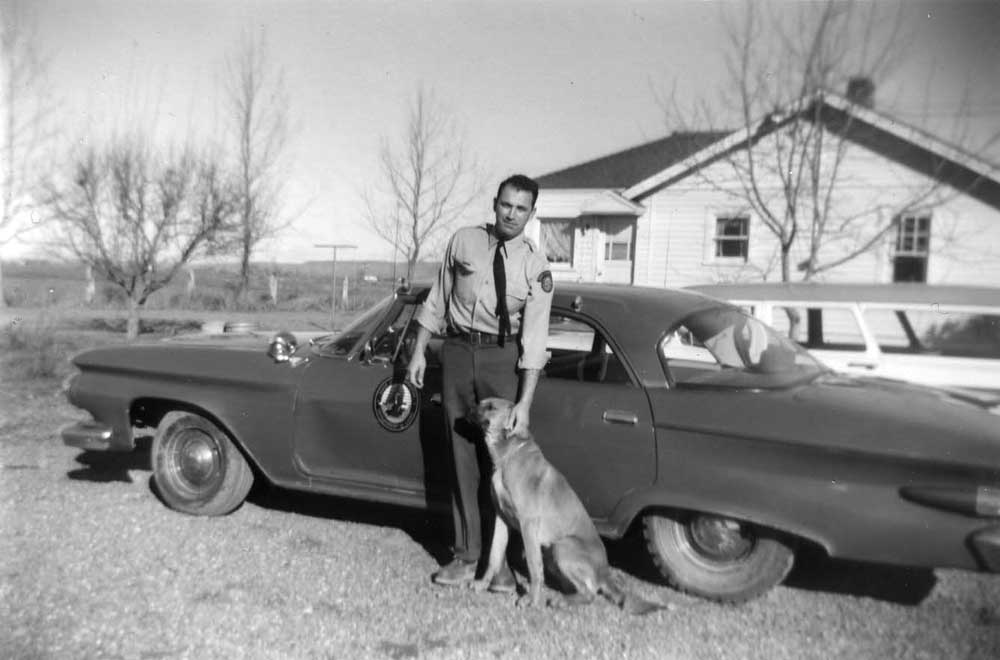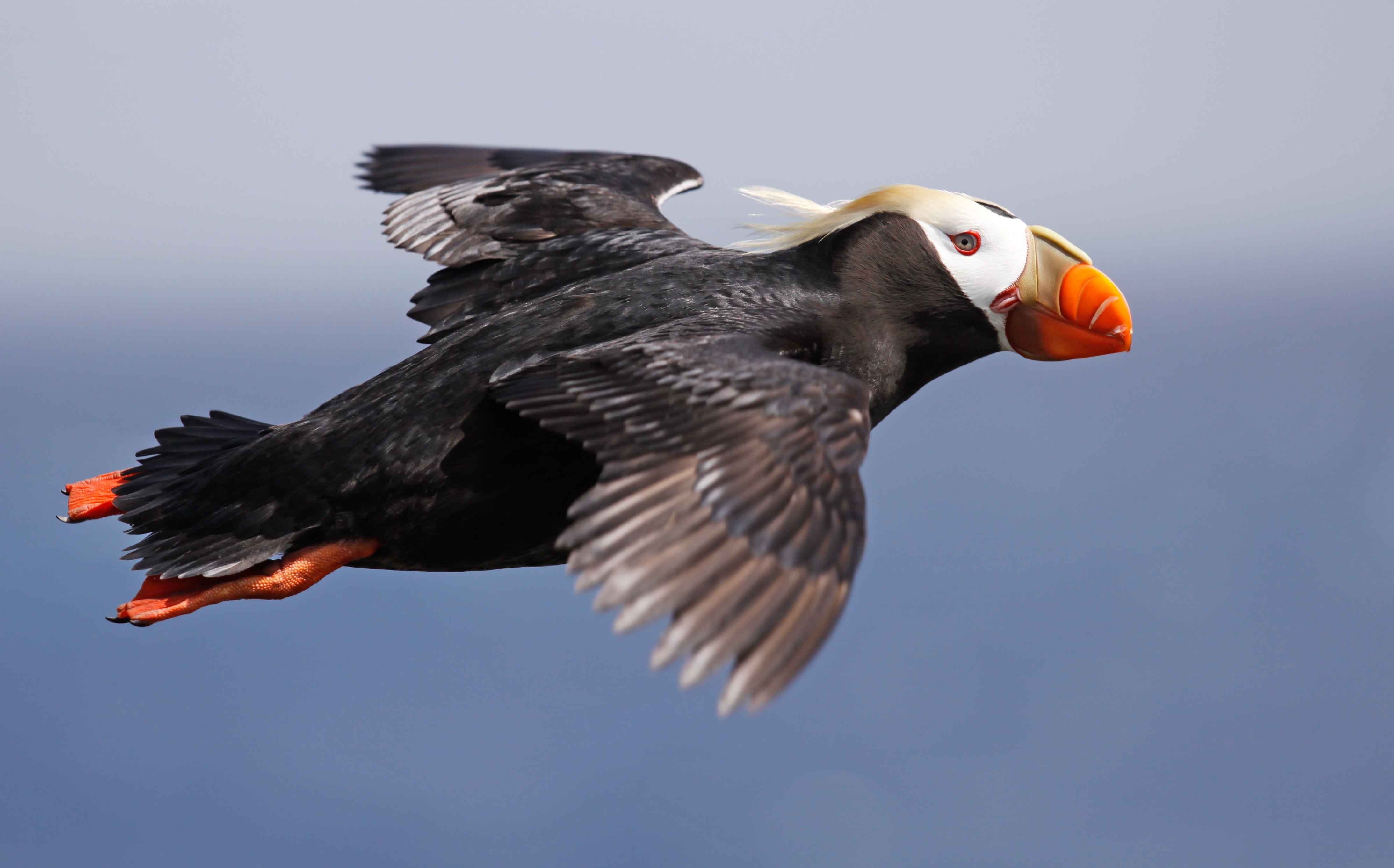Former game warden has many stories to tell
Published 3:00 am Thursday, January 8, 2015

- Gene Witham scratches the ear of his dog, Bimbo, in this photo shot in 1962, when Witham worked as a game warden in eastern Washington.
It was two hours past sunset on Nov.15, 1977, when the HH-3F helicopter lifted off into the darkness from Air Station Astoria bound for Willapa Bay. The setting quarter moon was obscured by overcast clouds, and rain pelted the aircraft. Strong, gusting winds tore the tops off the steep waves below.
Not long before the helicopter took off, the 41-foot U.S. Coast Guard vessel UTB 41332 had departed Ilwaco for Astoria. She was running almost broadside to the heavy seas when the boatswain heard the hissing of a huge wave. He leaped for the wheel to steer into the approaching giant, but he was too late. The wave flipped the boat; filling with water it drifted out toward the lightship.
Gene Witham, a federal fisheries agent, rode with the Coast Guard crew of the helicopter, and the mission, to search for commercial fish poaching, was under his command. The operation had almost been scrubbed due to weather, but Witham had argued successfully that, “it was on nights like this, when the weather was inclement, that people poach.” Then the flight had been delayed another 20 minutes while the “midnight sun” searchlight was installed on the helicopter, at Witham’s insistence.
As the helicopter crossed the Columbia bar, Witham saw “a flash of light” out of the corner of his eye. No one else had seen it, and the pilot didn’t want to turn back. There wouldn’t be anybody out there, anyway, on a night like this. But Witham had a feeling, and he was adamant. He recalls that it was like, “God sitting on my shoulder, and I felt, strangely, until the end of the mission, that I was almost afraid to look at my left shoulder.”
They turned 270 degrees, and within minutes were hovering over the 41332; Witham had seen a flare. Nine of the 10-man crew remained aboard, most of them clinging to the overturned hull; big seas swept the boat, threatening to tear the hypothermic sailors away from their precarious refuge. What followed was, according to the Commendation given Witham by the Coast Guard, “an extremely hazardous and arduous 30-minute operation” in which, “Mr. Witham’s initiative, perseverance, and sound judgment contributed significantly to the successful accomplishment of this lifesaving mission.”
Witham’s introduction to his future occupation came at the age of 6, when he accompanied his game warden father who was going after a poacher. The poacher drove his car directly at Witham’s father, injuring his leg. Young Gene was instructed to pull the emergency brake if his father passed out on the way to the hospital. Almost 60 years later, another poacher pulled the same stunt on Witham, who was able to get out of the way and eventually see the man jailed for assaulting a federal officer.
Witham began his career as a game warden in the Yakima Valley, and seven years later was promoted to a supervisory position in the Longview, Washington, area. There he was responsible for enforcing game laws from the ocean to McNary Dam, near Kennewick, Washington. During this time he participated in what wardens called the “Indian Wars,” as tribes sought rights to co-manage fishing in the Columbia. In 1974 the Boldt decision affirmed this as a treaty right, giving half the harvest to the tribes. Both before and after the decision, enforcement of game laws was, Witham says, “challenging.” There was poaching, and game wardens never knew when shots would be fired. There were “fish-in” demonstrations that attracted activists from around the country; comedian Dick Gregory called Witham, “the most polite officer who ever arrested me.”
Witham shifted to federal enforcement with the National Marine Fisheries Service in Astoria, where he was responsible for enforcing laws and over a score of treaties regarding foreign and domestic fisheries, marine mammals, and endangered species. In 1981 he moved to the NMFS in Hawaii, where he enforced the same laws over most of the Pacific Ocean.
In Hawaii he spent more time protecting whales, dolphins and Hawaiian monk seals. At the time wind surfers would surf onto or off of whales, and tourists boats pursued females and their calves. Witham helped to regulate whale watching and to educate the public.
When he retired Witham, was offered a position with Greenpeace, an organization with which he was not in complete agreement, and he chose instead to spend two years doing Christian missionary work in the wilds of New Jersey.
Today Gene Witham lives in quiet retirement in his Cathlamet home. After almost 40 years in game law enforcement he is working on a memoir, telling a tape recorder the same stories he tells his children and grandchildren.






